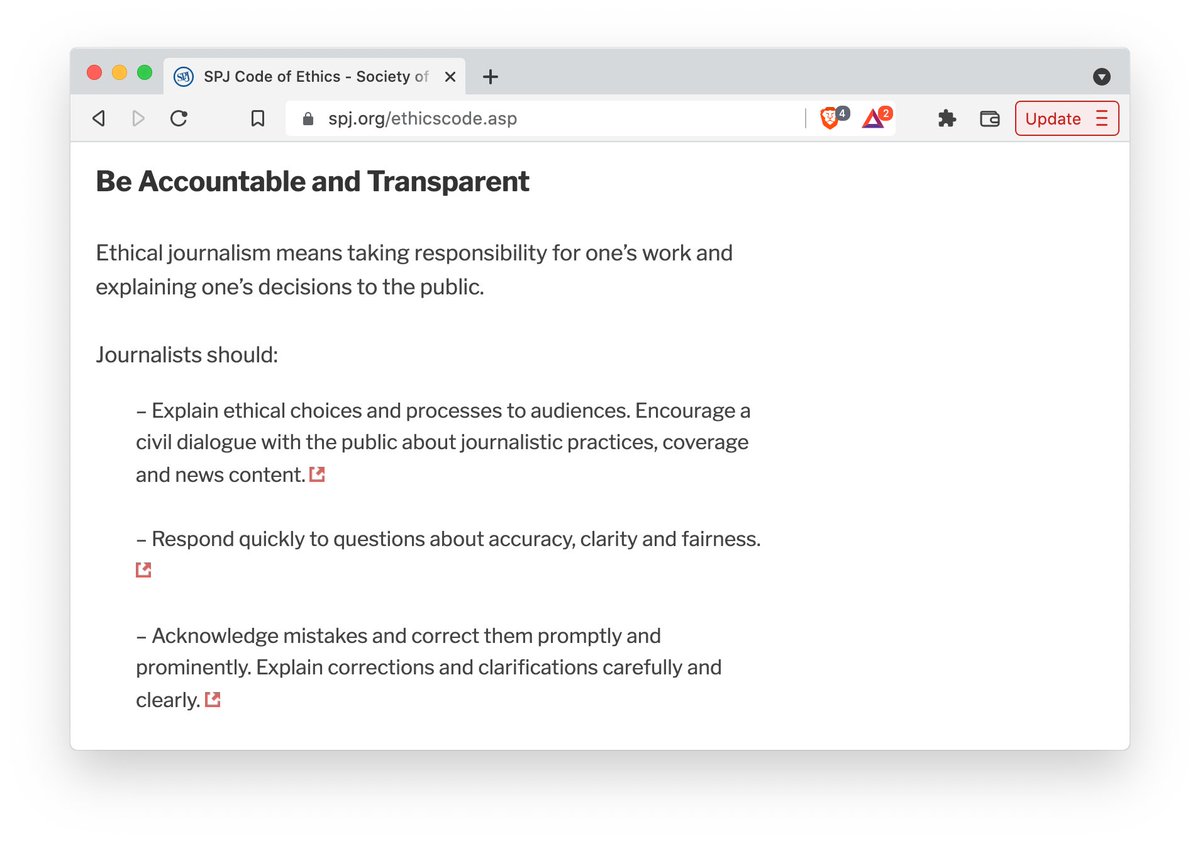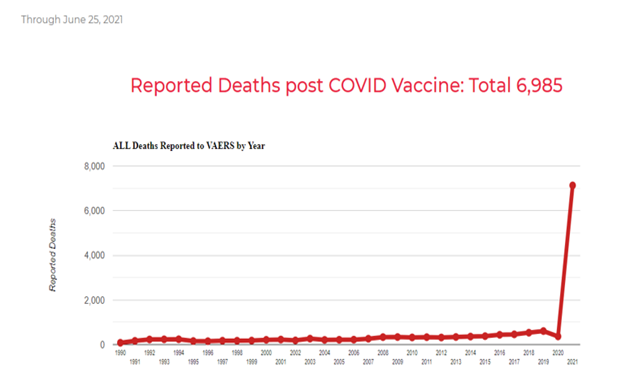
1/ Buckle up kids, time for me to dunk on this story.
Suppressing the truth because it hurts the cause is never the right answer. It's the reason that truth is suppressed by the corrupt.
vice.com/en/article/m7v…
Suppressing the truth because it hurts the cause is never the right answer. It's the reason that truth is suppressed by the corrupt.
vice.com/en/article/m7v…
2/ As you all know, I attended Mike Lindell's cybersymposium. After Lindell failed to provide the promised "Absolute Proof" for us 20 cyberexperts to look at, 2 of them convened a meeting of all of us in order to come up with a common message.
3/ Their concern was that Lindell's failure would hurt this important cause of exposing the stolen election.
This meeting actually restored my faith in humanity. The other 18 cyberexperts were Republican partisans were having none of this. ONLY 2 of 20 were bad faith actors.
This meeting actually restored my faith in humanity. The other 18 cyberexperts were Republican partisans were having none of this. ONLY 2 of 20 were bad faith actors.
4/ This Vice article uses the same language as those 2 bad actors at the conference, that facts and truth must be managed in order to influence what people believe, that people shouldn't be allowed to see all the facts, because this many distract from the "Truth".
5/ In this article's view, providing neutral facts that are important to the public interest is somehow 'unethical' and 'fodder for disinformation'. 

6/ The article anticipates our rebuttal, valuing transparency over coverups. But it discounts this by calling it a "borderline religious belief".
Uh, no, it's a "borderline scientific belief". The belief comes from the 1880s (140 years old) from experience with coverups.
Uh, no, it's a "borderline scientific belief". The belief comes from the 1880s (140 years old) from experience with coverups.

7/ Covering up technical details only entrenches security problems. They become snake oil. The only technical systems we can be confident in are transparent ones. We've had 140 years of experience in technical systems.
8/ It's like claiming doctors have a "borderline religious belief" in randomized controlled trials, and that this religious belief of theirs is interfering with the truth that ivermectin and hydroxychloroquine will cure/prevent the covid.
9/ It's at this point, I'd point to journalist's borderline religious views of the truth and transparency -- except here's a journalist who's obviously rejecting the principles of their own profession. 



10/ Right nows, antivaxxers are misrepresenting CDC's VAERS statistics in order to claim the covid vaccines kill people. Certainly, a brief glance at the stats seems to show there's a ton more deaths associated with covid vaccines than previous vaccines. 

11/ This isn't unique. Pretty much all government transparency information is at some point misinterpreted by the conspiracy theorists. Does this mean that government should be less transparent about such things?
12/ Of course not. What VAERS tells us, when interpreted correctly, is that there are heightened risks of anaphylaxis, blood clots, and myocarditis, and that we should watch out for those. And, VAERS tells us, the vaccines are otherwise safe.
13/ And we don't have to take the government's word for it, as everyone knows CDC can't be trusted. We know the CDC's "5 day isolation" guideline is driven as much by science as by politics. Smart people can see data without trusting authority.
14/ Election computer vendors have been assuring everyone that their systems are "secure", and they can "prove" they are secure in many ways.
The DEFCON effort proves this is a lie. All a coverup would do would be entrench insecurities.
The DEFCON effort proves this is a lie. All a coverup would do would be entrench insecurities.
15/ What many years of this DEFCON effort has done is push our voting toward what actually is secure: an auditable paper trail.
16/ There are a lot of people pushing for even less secure voting, such as using our iPhones to vote. Without transparency in hacking voting systems, we would not have enough information to combat this bad idea.
17/ In the Vice article, there is only one battle, the battle against Trump and his supporters. All principles are derived by working backward from that goal.
For the rest of us, we are fighting for the future goal of making voting secure. That can only be done with transparency
For the rest of us, we are fighting for the future goal of making voting secure. That can only be done with transparency
18/ "Principles" are what you defend even when they appear to be helping the opposing side. If you only defend principles when needed for your own side, then what you are really fighting for is your side and not principles.
19/ We ethical hackers fight for the principle of transparency and openness. We look with disgust at how the Trumpists misuse the information to promote their conspiracy theories, but this is how you know we are principled: we defend our principles even when it helps opponents.
20/ It takes only a few moments of googling to find that the above author, Spenser Mestel, has a borderline religious belief in transparency -- when it hurts Trump's interests. He recognizes that how corrupt administrations find excuses to coverup information. 

21/ But for him, the principle of transparency is only something to uphold depending upon whether it helps or hurts your goals.
22/ The summary is this. Purely electronic voting is grossly vulnerable to hackers. This fact is definitely of major interest to the public. Without DEFCON's voting village, we would not know this.
23/ Sadly, Trumpists misuse this information to challenge the past election. But this information is critical for securing future elections -- without this, we would continue to have insecure elections.
• • •
Missing some Tweet in this thread? You can try to
force a refresh








